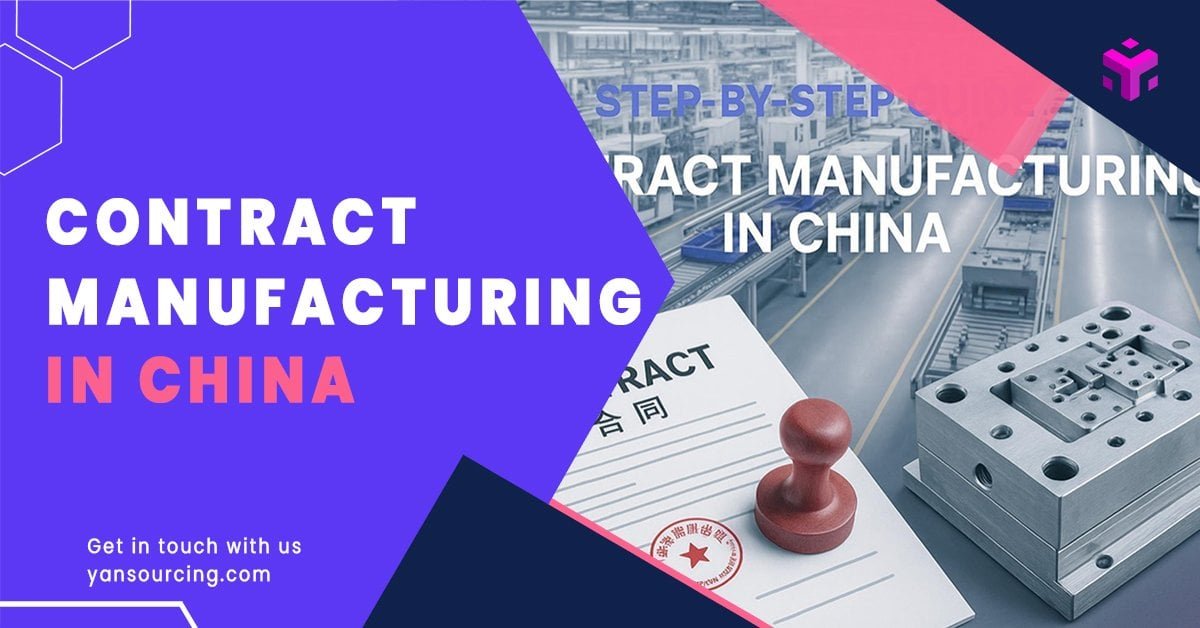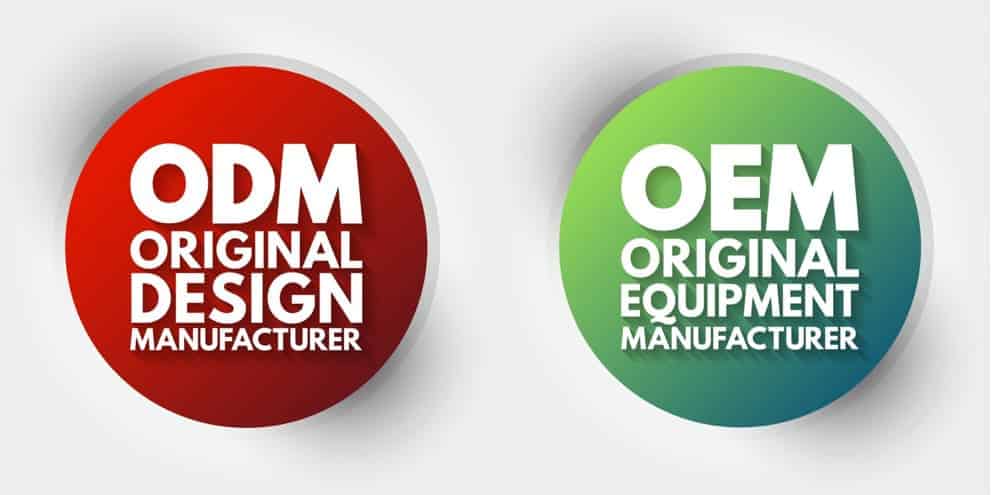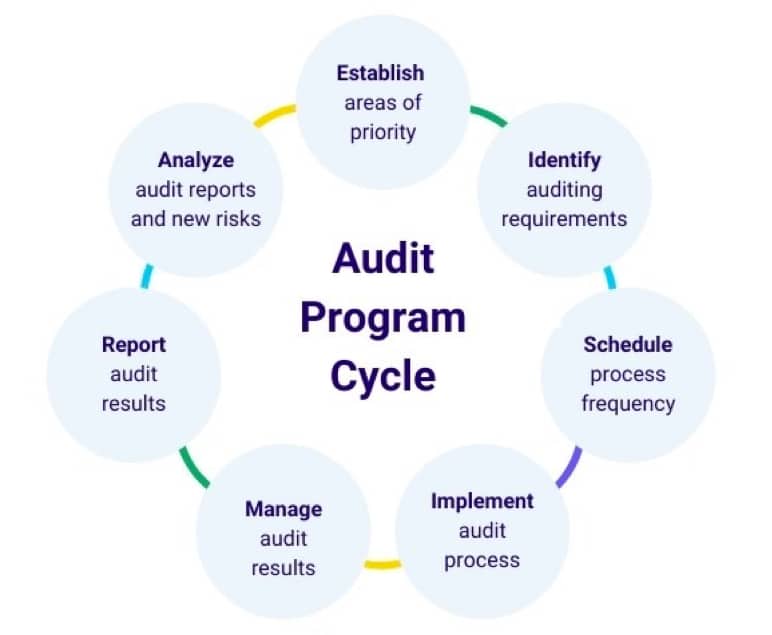
If you’re ready to outsource production to China but want to protect your IP, tooling, and contracts, this step-by-step playbook will walk you through each phase—from scoping and supplier discovery to enforceable agreements, quality control, and logistics readiness.
Expect practical checklists, clear checkpoints, and troubleshooting tips you can apply immediately.
- Difficulty: Intermediate (legal + operational)
- Time: 3–8 weeks to shortlist and sign; 6–12+ weeks for tooling and first production depending on complexity
- Prerequisites: A defined product concept, preliminary specs, and target budget
Important: This article provides educational guidance, not legal advice. Consult qualified China counsel to draft and enforce your contracts.
Step 1: Choose the right manufacturing model (CM vs OEM vs ODM)

Before you approach factories, confirm the engagement model that fits your goals:
- Contract Manufacturing (CM): You own the design and IP; the factory builds to your exact specifications. Strong fit when you want tight control and proprietary differentiation. The distinctions among CM, OEM, and ODM are outlined clearly in the Komaspec explainer (2024) on the differences between ODM, OEM, and CM.
- OEM: You provide specs/design; the manufacturer fabricates uniquely for you. You typically retain IP.
- ODM: The manufacturer owns the baseline design; you customize for speed and cost efficiency, but uniqueness and IP control are lower.
Checklist — model fit
- Do you own the design and drawings? If yes, CM/OEM likely fit.
- Is speed-to-market paramount with limited customization? ODM may suffice.
- Will you register trademarks/patents/designs? Strongly recommended for CM/OEM.
Checkpoint before continuing
- Selected model documented in your brief (CM vs OEM vs ODM).
Step 2: Scope your project with enforceable clarity

Define requirements so suppliers can quote accurately and your future contract is precise.
Include in your scope
- Detailed specifications: drawings, materials, dimensions, tolerances, finishes, compliance standards (e.g., CE, FCC, FDA where relevant).
- Commercial parameters: MOQ, target price range, payment milestones, lead time windows, packaging, labeling, warranty/returns.
- Logistics terms: preferred Incoterms, ports, and delivery addresses.
- Evidence & samples: reference or golden sample plan.
Checklist — scoping package
- One consolidated spec file set (PDF/DWG/STEP as needed)
- Compliance list by market (EU/US/UK etc.)
- RFQ template with quantities and timelines
- Draft quality plan outline (see Step 7)
Checkpoint before continuing
- Your RFQ package is complete and consistent across all suppliers.
Note on support
- If you prefer a partner to manage supplier outreach and quoting, consider working with Yansourcing for end-to-end sourcing and production coordination.
Step 3: Discover and shortlist qualified suppliers

Find candidates, then filter quickly using verification basics.
Where to discover
- Trade shows and industry fairs
- B2B platforms (Alibaba, Global Sources, Made-in-China)
- Industry forums and professional networks
- Referrals from experienced agents or auditors
Shortlisting signals
- Business license and Unified Social Credit Code (USCC) available upon request
- Relevant certifications (e.g., ISO 9001, BSCI) and experience in your product category
- Responsiveness, technical depth, and realistic pricing
- Willingness to sign China-specific NNN and accept audits
Red flags to avoid
- Unwilling to share corporate documents or permit visits
- Vague answers, overpromising lead times, or unusually low pricing
- No history with your compliance standards or markets
Checklist — shortlisting
- 8–12 candidate factories identified
- Verification documents requested (license, certifications)
- Initial technical Q&A completed
Checkpoint before continuing
- 3–5 finalists chosen for deeper due diligence.
Step 4: Run due diligence and factory audits

Confirm legal status, production capability, and quality systems before sharing sensitive files or placing orders.
Audit scope
- Legal identity: registered name in Chinese, business license, legal representative
- Capacity & equipment: machines, tooling, maintenance logs, calibration
- Quality systems: ISO 9001, incoming/in-process/outgoing controls, traceability
- Certifications & compliance: product-specific approvals
- Worker safety and environmental compliance
Execution options
- On-site audits via third-party firms (e.g., SGS, TÜV, BV) or a trusted agent
- Remote audits with video walkthroughs plus documentation review
Checklist — audit pack
- Copies of license, certifications, and chop samples
- Photos/videos of production lines, warehouse, and QC stations
- Recent CAPA (Corrective and Preventive Actions) records if any
Checkpoint before continuing
- Only advance suppliers that pass your audit criteria and remediate gaps where feasible.
Troubleshooting
- If a factory refuses audits or limits access unreasonably, pause evaluation. A willingness to be audited is a core trust signal.
Step 5: Put legal instruments in place (NNN + Manufacturing Agreement)

Protect your IP and commercial terms with China-focused contracts.
China-specific NNN Agreement
- Purpose: Non-Disclosure, Non-Use, Non-Circumvention—stops misuse and backdoor sales.
- Drafting notes: Governing law of the PRC, dispute resolution in China, bilingual with Chinese prevailing, company chop on signature, subcontractor liability, defined confidential information, evidence preservation, and clear breach remedies. The importance of NNN and PRC-enforceable drafting is emphasized in the Harris Sliwoski China Law Blog’s primer on avoiding China manufacturing problems (2024).
Manufacturing Agreement essentials
- IP protection: ownership clauses; limits on use; registration obligations
- Tooling/molds: explicit buyer ownership; prohibitions on third-party use; inventory/access; maintenance & insurance; return/removal/destruction; penalties and liquidated damages where appropriate. Practical tooling protection topics are covered in the Harris Sliwoski guide to molds and tooling in international manufacturing (2025).
- Quality control: specs incorporated; inspection/testing protocols; audit rights; acceptance criteria; remedies
- Delivery terms: schedule; packaging/labeling; Incoterms alignment; delay penalties
- Execution: bilingual with Chinese prevailing; signed by authorized representative and stamped with company chop
Checklist — contracts ready
- NNN signed before sharing sensitive drawings or samples
- Manufacturing agreement finalized, bilingual, PRC law, dispute venue in China, chopped
- Tooling ownership and return/removal clauses included
- QC plan, acceptance criteria, and remedies embedded
Checkpoint before continuing
- No confidential IP shared without NNN; no sample or PO placed without a chopped manufacturing agreement.
Troubleshooting
- If a supplier insists on English-only or refuses to affix the company chop, pause. Enforceability depends on PRC law, Chinese text prevailing, and proper execution.
Step 6: Register trademarks in China and record IP with customs

Secure brand rights and enable border enforcement.
China trademarks (CNIPA)
- File both the English/Latin and Chinese character versions of your mark; foreign applicants must use a local agent. The process and timelines are detailed in the ICLG Trade Marks Laws & Regulations: China (2025).
- Non-use cancellation: After three years of no genuine use in China, others can challenge your mark. Rouse highlights the rising risk of non-use cancellation in China (2024).
Customs IP recordation (GACC)
- Recording your registered IP with China Customs helps block infringing exports/imports. For step-by-step guidance, see the Harris Sliwoski article on China Customs IP recordation (2024).
Checklist — IP protection
- CNIPA filings submitted for English + Chinese marks
- Watch service or periodic monitoring plan set
- IP recorded with GACC after registration
Checkpoint before continuing
- Trademark applications filed before ordering samples; customs recordation queued once certificates issue.
Troubleshooting
- If a conflict arises on your mark, consider alternative classes or a rebrand strategy in Chinese characters to avoid consumer confusion.
Step 7: Establish your quality framework (control plan, samples, AQL)

Lock your acceptance criteria and inspection cadence before production begins.
Quality plan components
- Control plan: specs, tolerances, tests, and acceptance criteria at IQC, IPQC, and OQC
- Golden samples: approved and signed-off; kept at factory and by you
- Inspections: Pre-Production Inspection (PPI), During-Production (DUPRO), and Pre-Shipment Inspection (PSI)
Inspection references
- Practical PSI workflow and defect categorization are summarized in the QIMA pre-shipment inspection procedure (2025).
AQL notes
- Common practice: use ISO 2859-1 / ANSI/ASQ Z1.4 tables; General Inspection Level II and typical AQLs (e.g., 2.5 for majors, 4.0 for minors, 0 for criticals). Verify acceptance/rejection numbers with your inspection agency’s current tables.
Checklist — QC readiness
- Control plan documented and shared
- Golden samples signed by both parties
- AQL levels and sampling plans set
- Inspection schedule booked (PPI/DUPRO/PSI)
Checkpoint before continuing
- No production without a signed golden sample and agreed AQLs.
Troubleshooting
- If PSI fails, negotiate rework or replacement; withhold final payment until defects are remedied and retested.
Step 8: Align commercial terms and payments

Reduce risk with milestone-based payments and clear cost/risk allocation.
Payment structures
- Typical deposits range 30–50% with balance tied to milestones (prototype, DUPRO, PSI, shipment).
- For new relationships, consider a confirmed, irrevocable L/C or a standby L/C for performance assurance.
Incoterms selection
- FCA is often better than EXW for containerized shipments; it aligns responsibilities and allows for on-board bill of lading issuance when needed for L/Cs. See ICC Academy’s explainer comparing EXW vs. FCA under Incoterms 2020 (2025).
Checklist — commercial terms
- Payment milestones and triggers specified
- Incoterms agreed (FCA/FOB/CIF etc.)
- Delay penalties/liquidated damages defined where appropriate
Checkpoint before continuing
- PO issued only after commercial terms are confirmed in the manufacturing agreement.
Troubleshooting
- If terms are misaligned, revisit responsibilities, especially export clearance and documentation under your chosen Incoterm.
Step 9: Safeguard operations and your IP during production

Reduce exposure while maintaining throughput.
Operational safeguards
- Change control: Any process/design changes require formal approval (Engineering Change Notice)
- Secure data sharing: segmentation, read-only access, need-to-know distribution; “black box” modules for sensitive know-how
- Traceability: serial numbers/QR/RFID with audit logs; random post-production checks
Checklist — in-production controls
- ECN process defined and enforced
- Access permissions documented; sensitive files compartmentalized
- Traceability and lot records maintained
Checkpoint before continuing
- No unauthorized changes; all deviations logged and resolved before mass production.
Troubleshooting
- If leaks or circumvention are suspected, escalate via contract remedies and tighten data access immediately.
Step 10: Prepare shipping and compliance documentation

Prevent last-minute delays by aligning documents early.
Shipping readiness
- Commercial invoice, packing list, certificate of origin, HS codes, MSDS where required, export licenses for dual-use items, bill of lading
- Packaging and labeling per market standards; carton tests as needed
- Export clearance responsibilities aligned to your Incoterm (e.g., FCA vs EXW)
Checklist — logistics pack
- Document set prepared and verified
- Compliance marks applied to products and packaging
- Freight booking and timelines confirmed
Checkpoint before continuing
- PSI passed; documentation ready; shipment scheduled with clear handover under your Incoterm.
Troubleshooting
- If customs questions arise, have evidence of IP recordation, compliance test reports, and clear product descriptions ready to present.
Step 11: Troubleshooting and escalation ladder

Keep momentum even when issues occur.
Common issues
- Unenforceable contracts (English-only, no chop, foreign law)
- Tooling disputes (unclear ownership or return rights)
- QC failures (no defined acceptance criteria)
- Logistics misalignment (wrong Incoterm or missing documents)
Escalation path
- Document evidence (photos, videos, reports, communications)
- Invoke contract remedies and CAPA plans
- Increase audit cadence or engage third-party inspection
- Consider supplier diversification to reduce single-point failure risk
Reference for risk context
- For recurring pitfalls and remedies in overseas manufacturing, see the Harris Sliwoski 25 FAQs on manufacturing overseas (2025).
Checklist — escalation kit
- Evidence log maintained from day one
- CAPA templates ready to issue
- Alternative suppliers prequalified for contingency
Checkpoint before continuing
- After remediation, revalidate with inspections or limited pilot runs before full-scale production.
Next steps
You now have a clear, enforceable path to select and engage the right Chinese contract manufacturer. If you’d like hands-on help with supplier outreach, audits, contracts, and QC coordination, submit your product brief to get verified manufacturer quotes within 48 hours.
Legal disclaimer
- This tutorial is for educational purposes and does not constitute legal advice. Always consult qualified counsel experienced in PRC law and manufacturing contracts.
